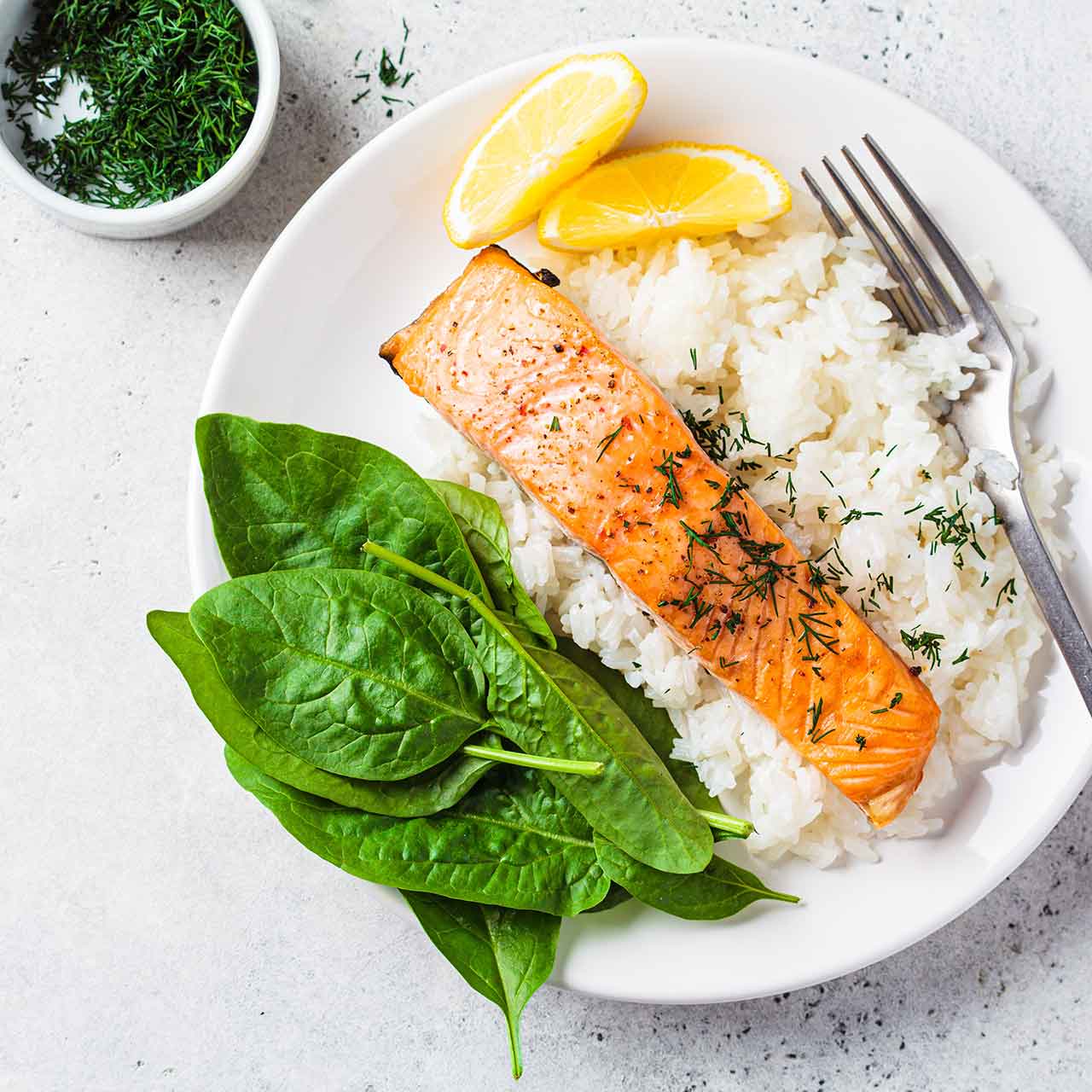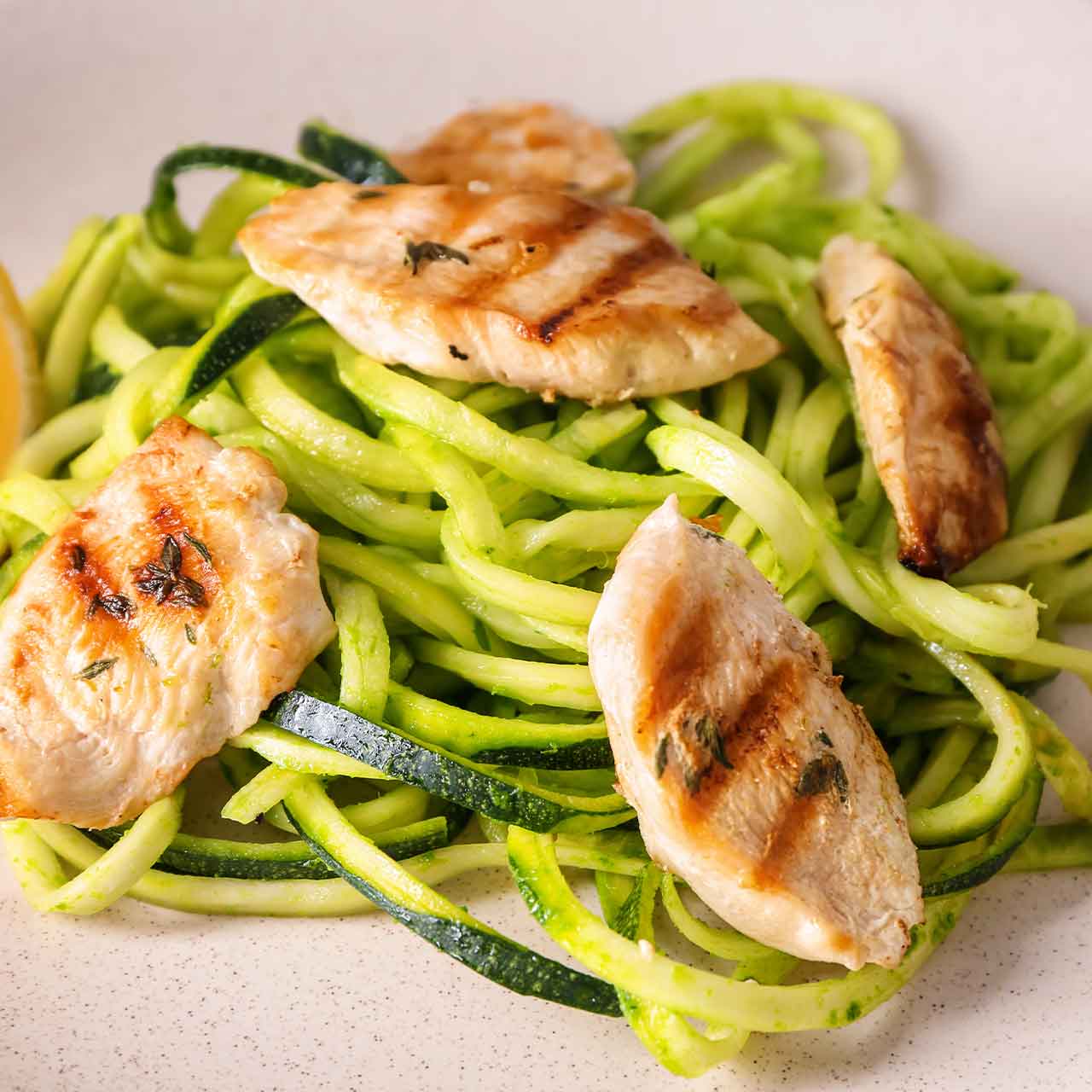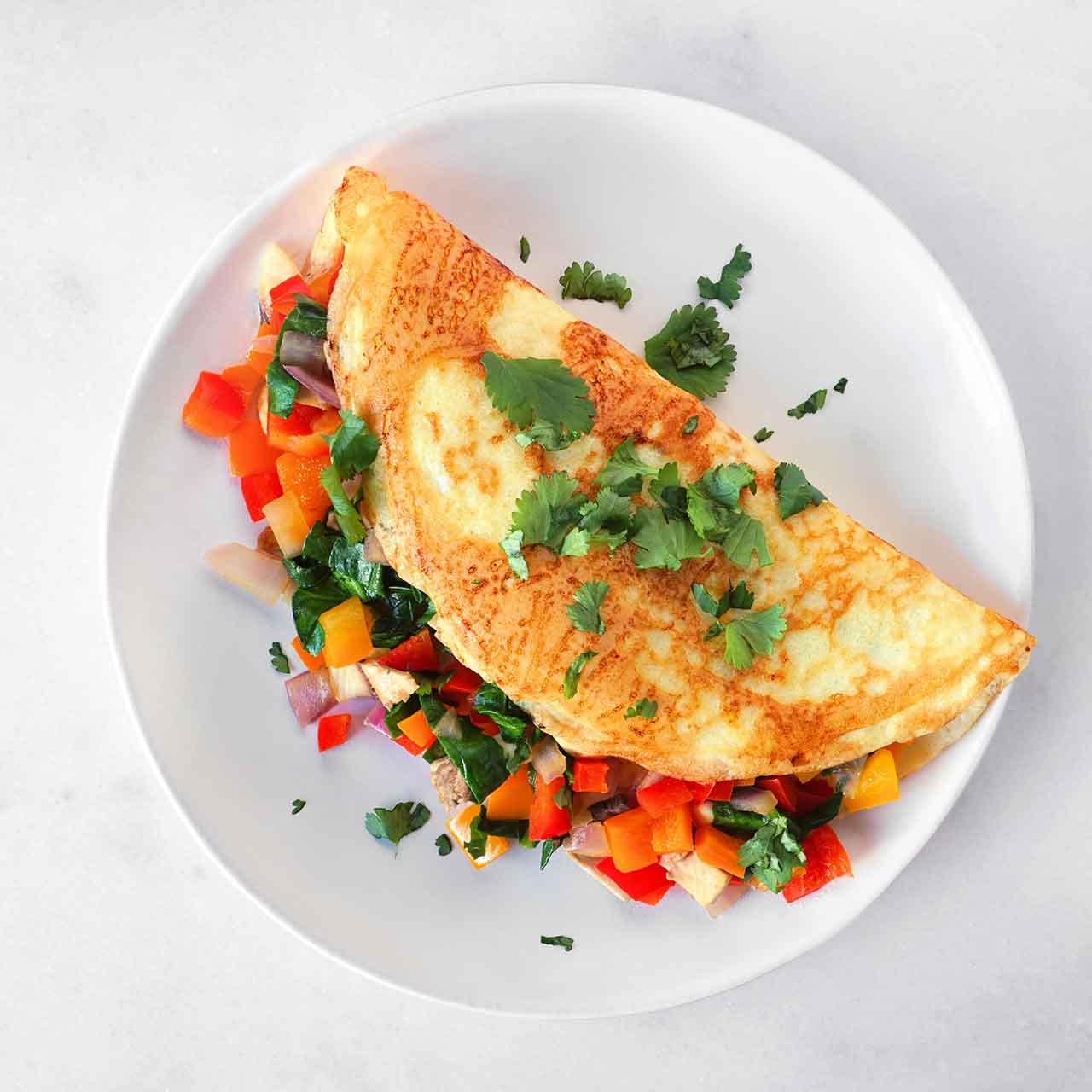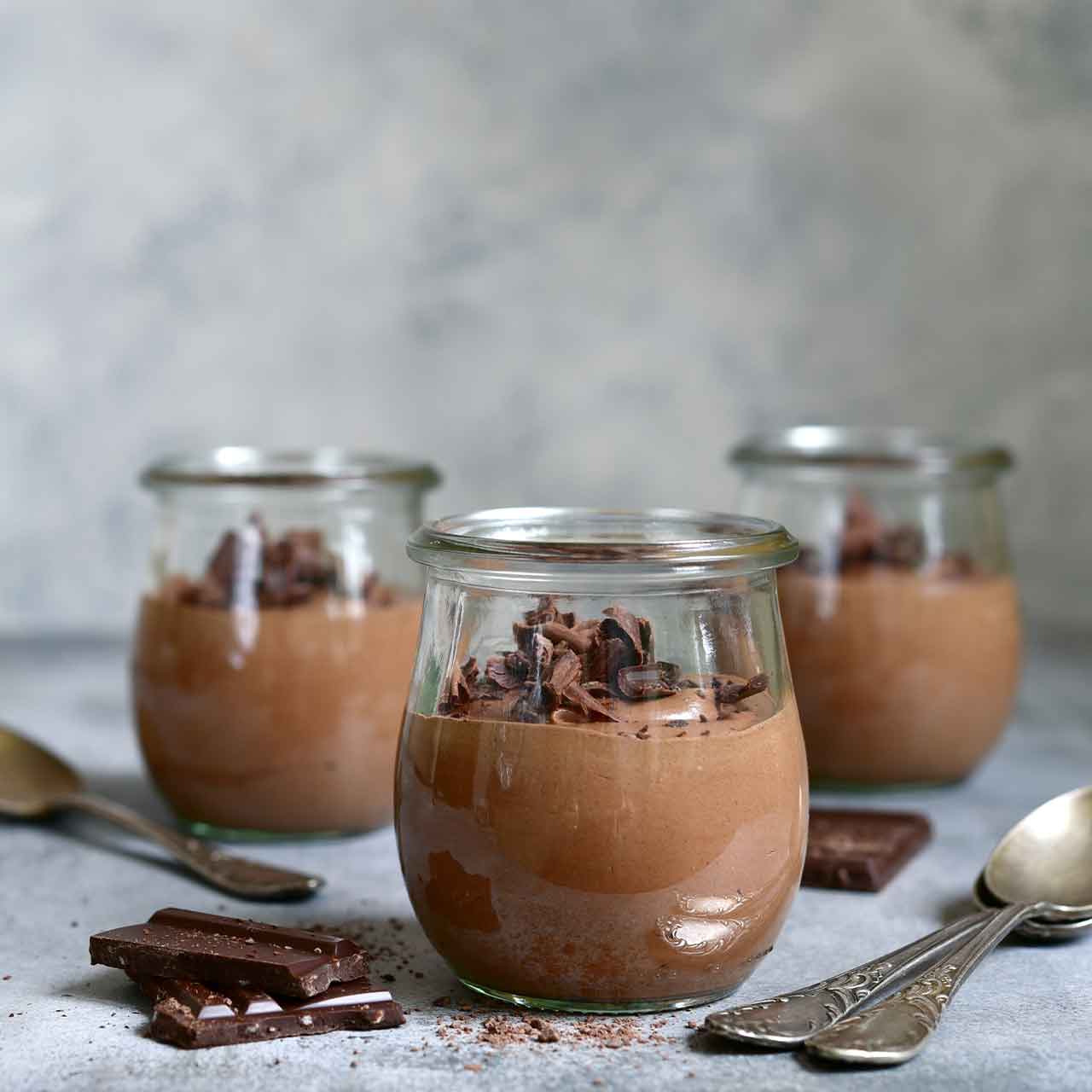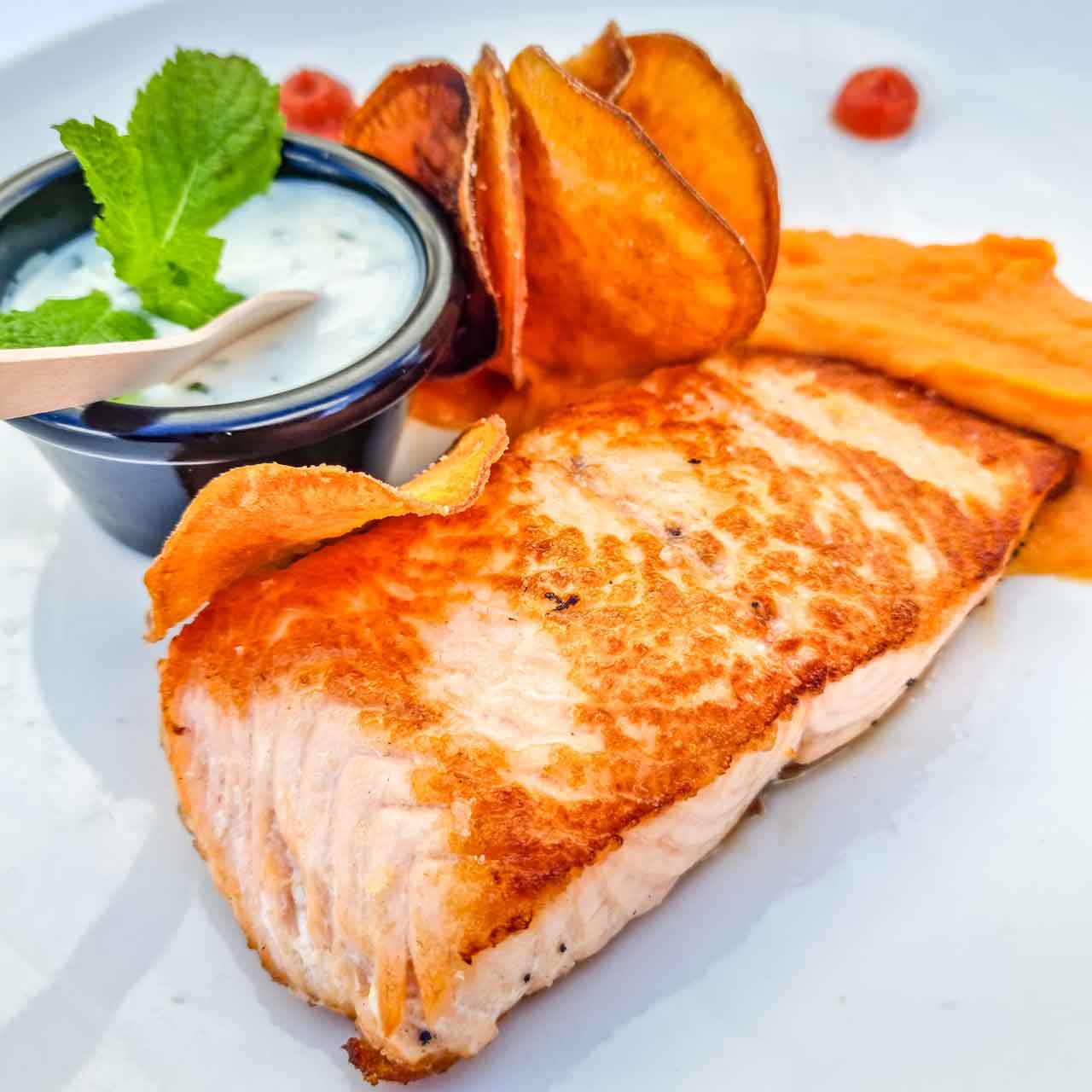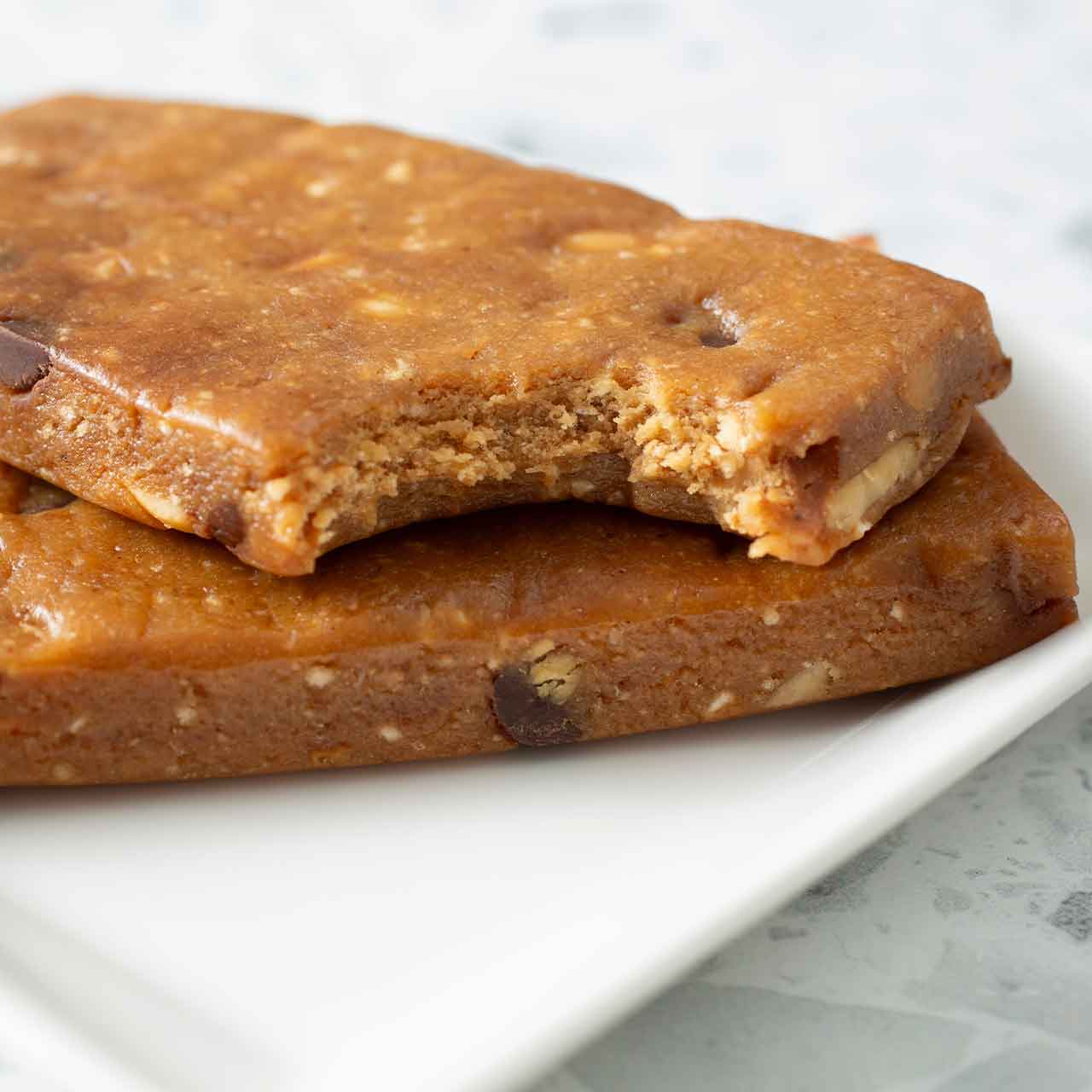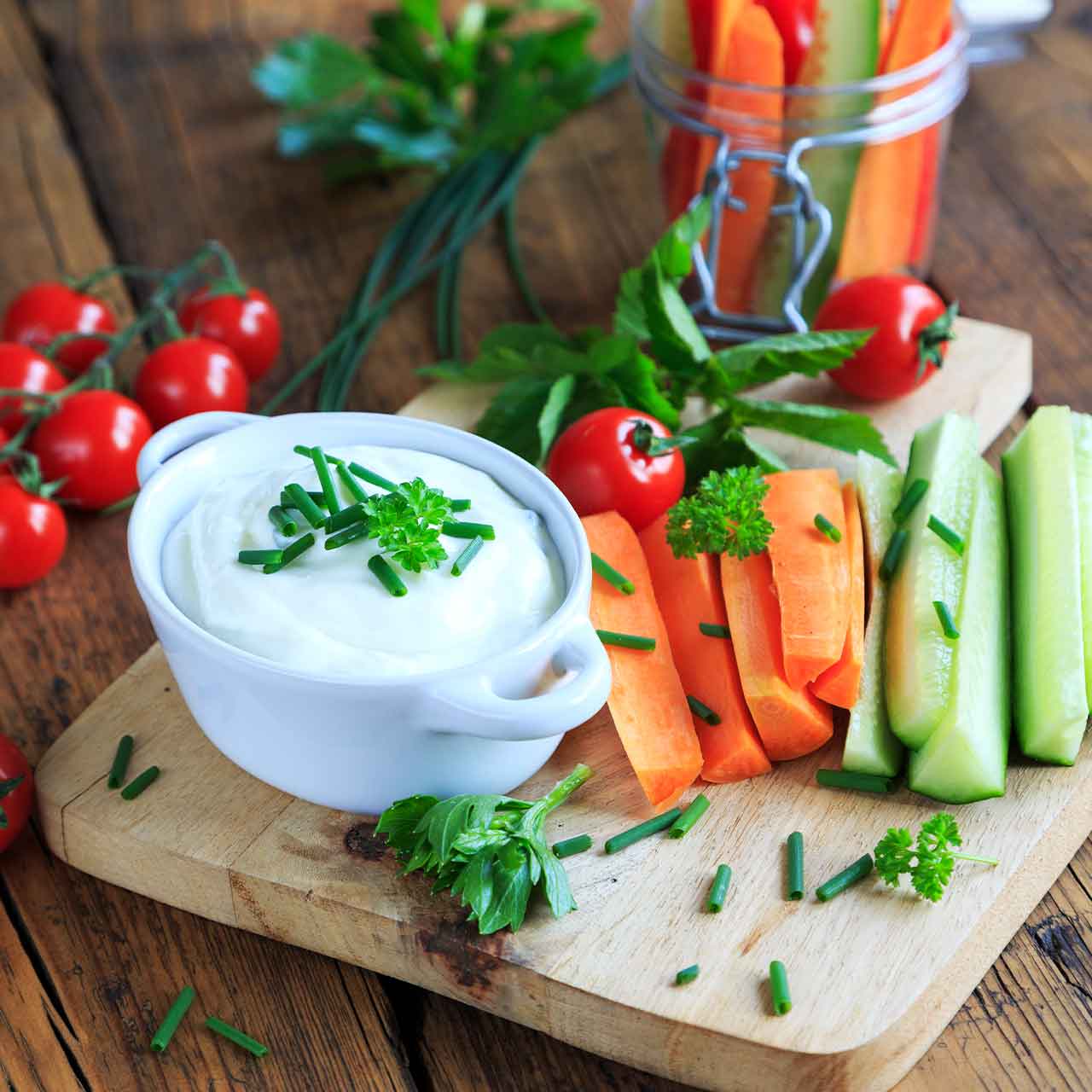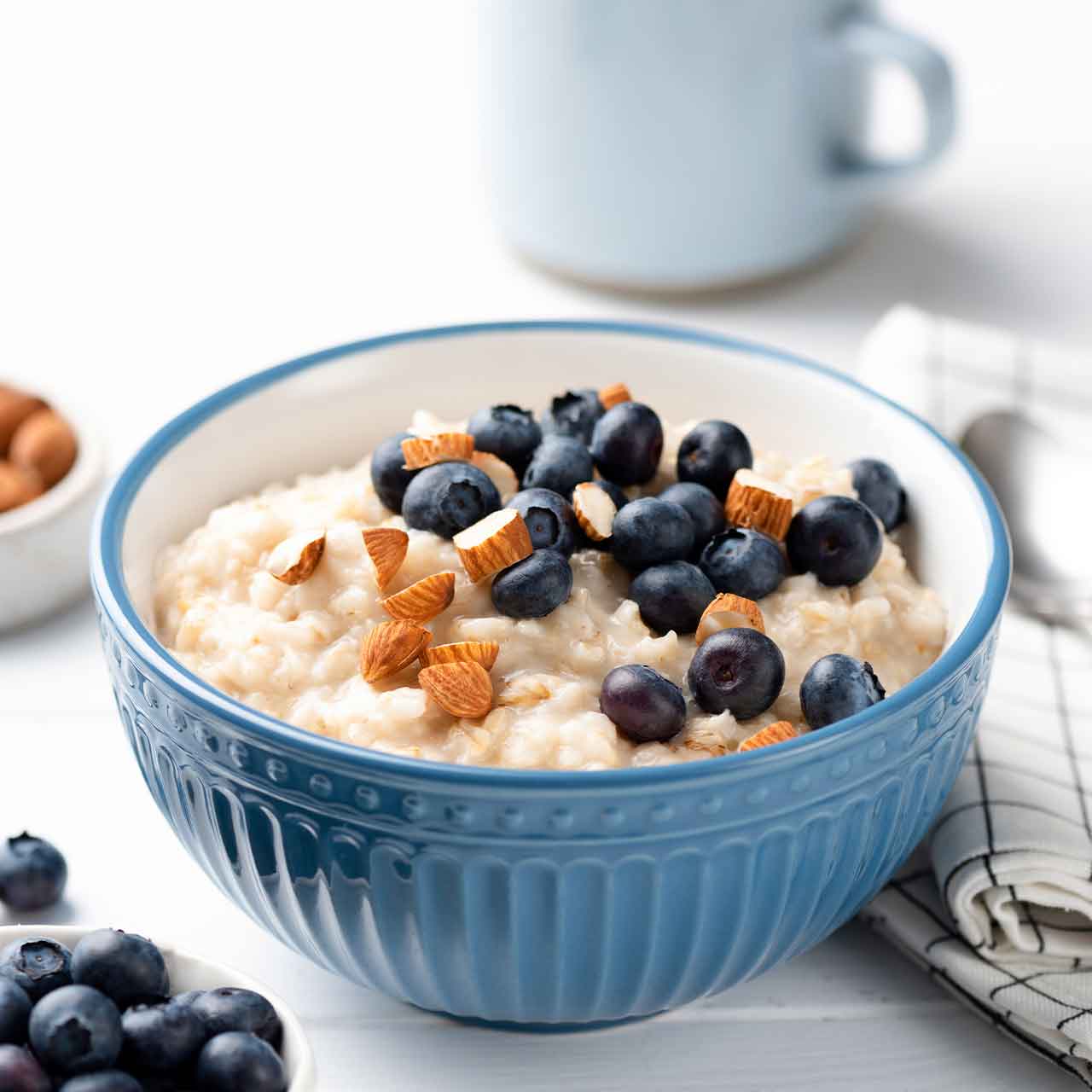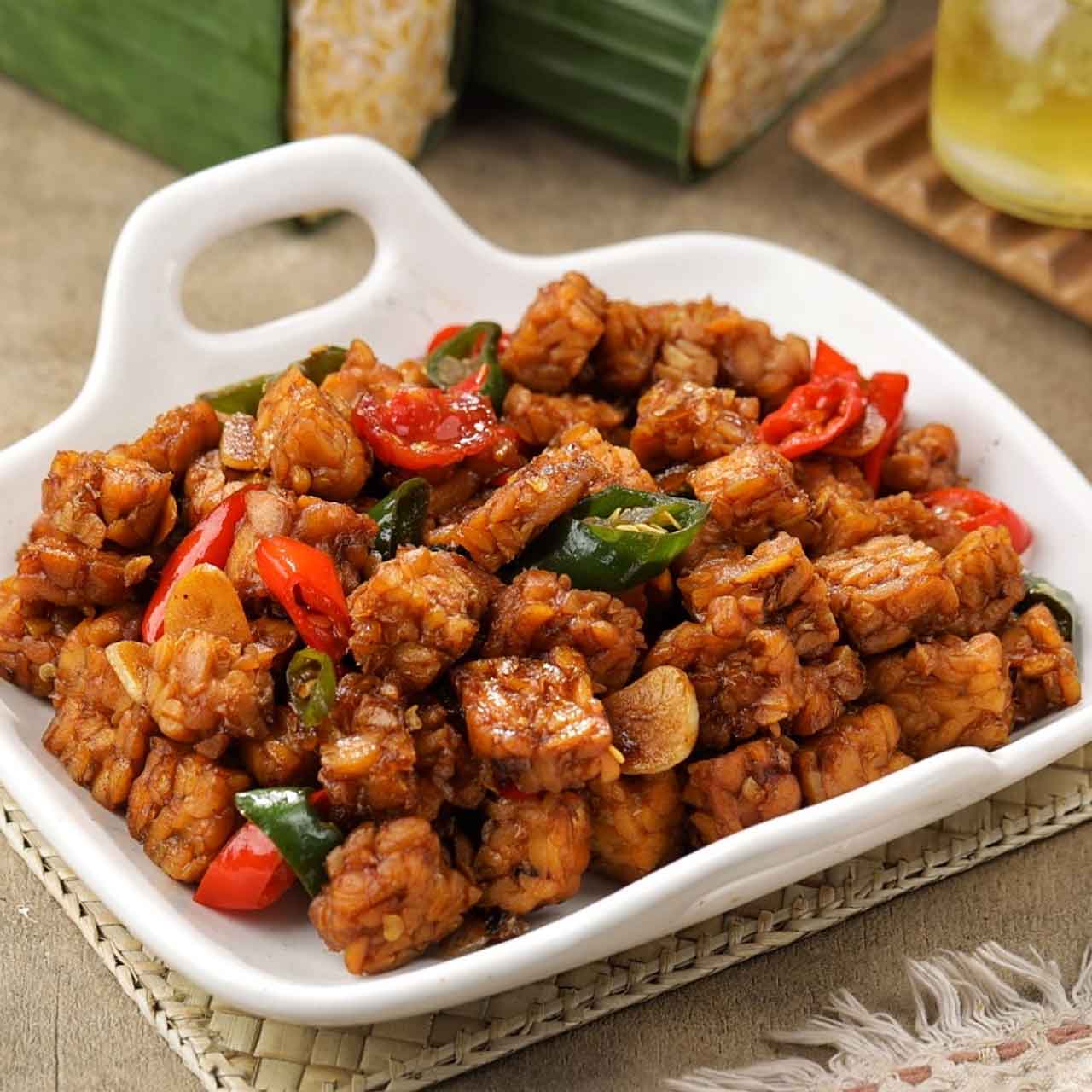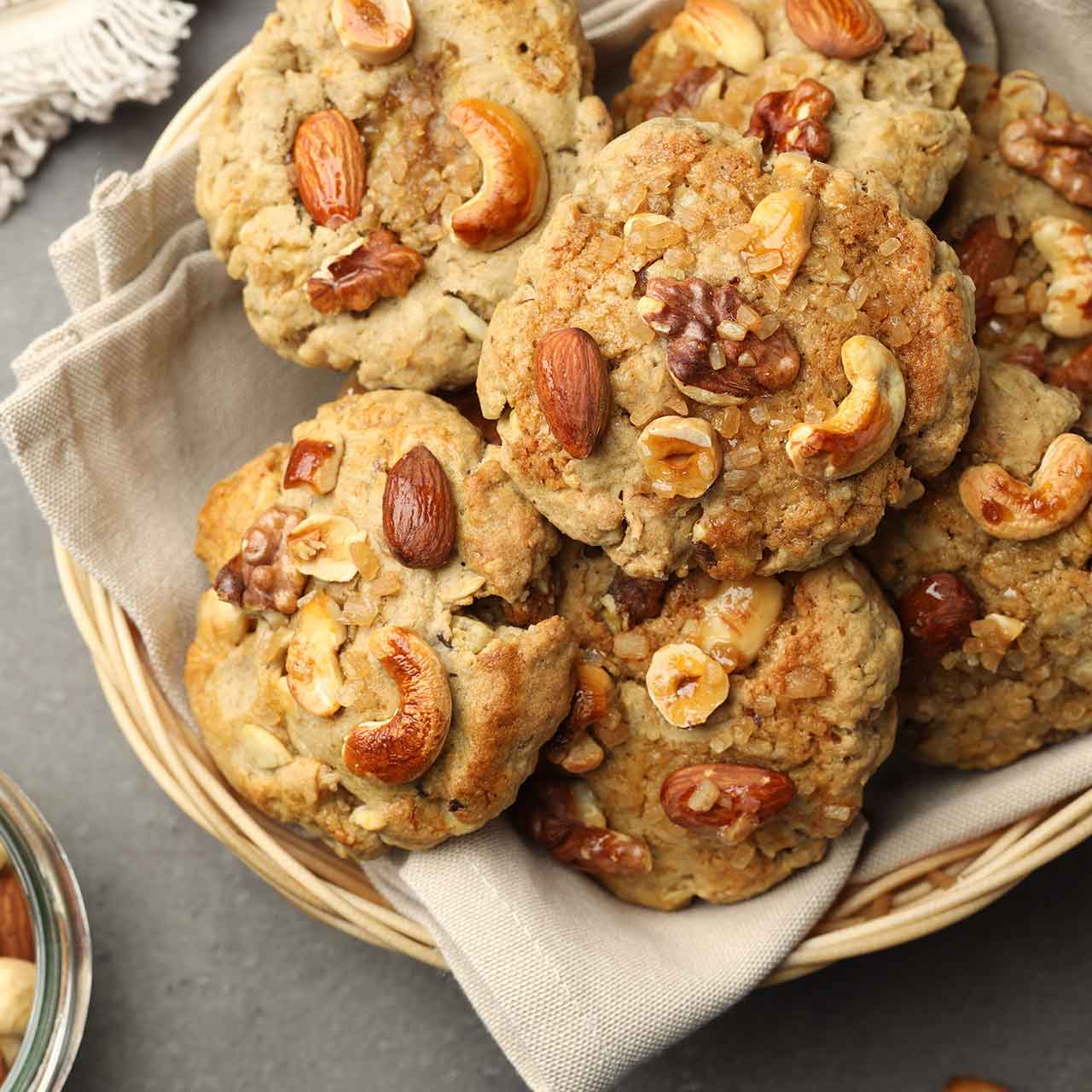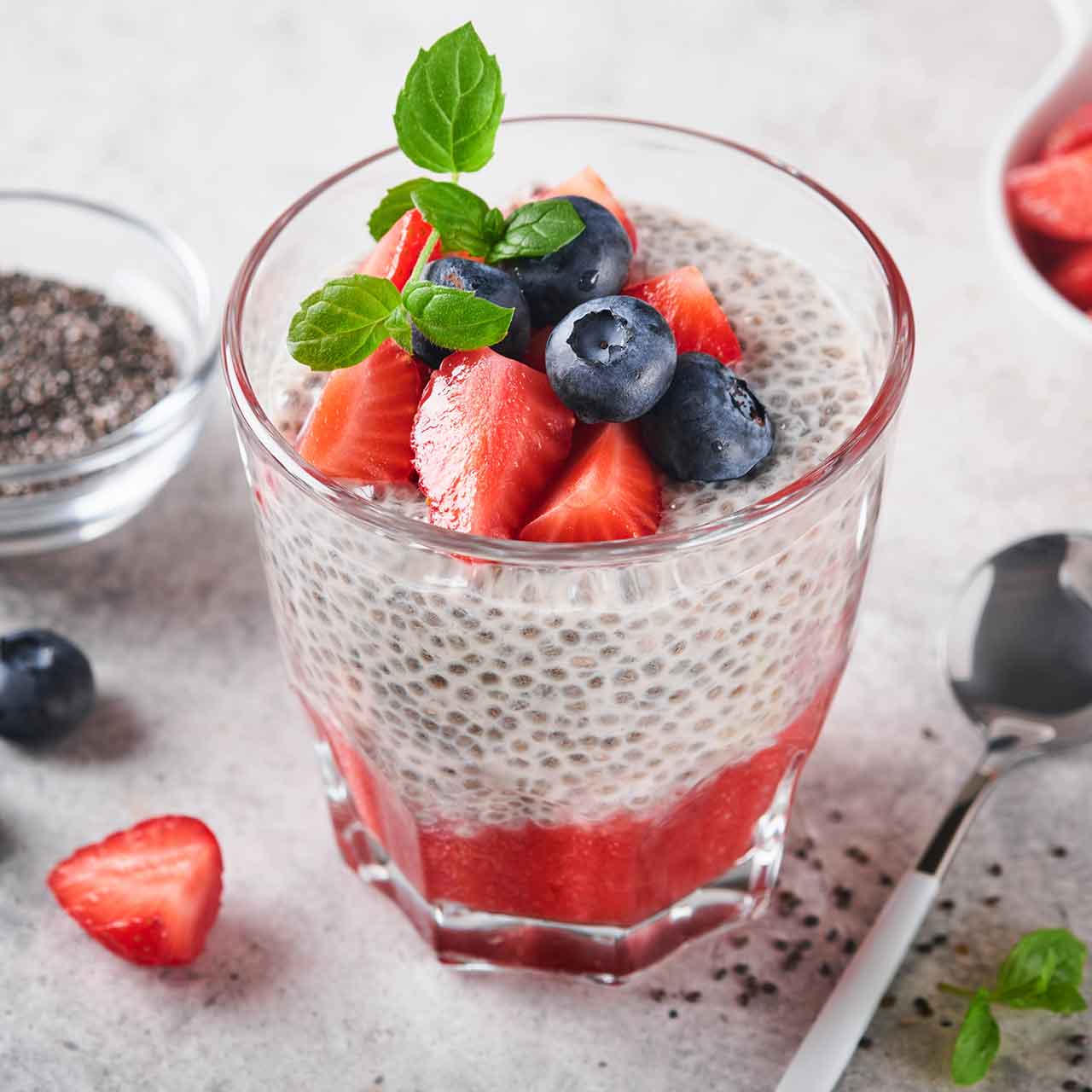Nutrition tips for muscle building
Nutrition tips to support muscle growth without compromising your training performance.
If you want to build muscle, the right nutrition is just as important as your workouts. Here are some targeted nutrition tips to help you boost your muscle-building progress:
Conclusion:
Building muscle requires a balanced diet that provides enough calories, high-quality protein, carbohydrates, and healthy fats. Make sure your nutrition is structured to consistently supply your body with the nutrients it needs to support growth and maximize performance.
Rest and recovery are just as important as training itself – and proper nutrition is the key to getting the most out of both!
10 nutrition tips for athletes
Dont’s for muscle building
Green superfoods
Honey before bed – beneficial for athletes?
Myths & facts about sports nutrition
Non-alcoholic wheat beer – isotonic sports drink?
Nutrition tips for muscle building
Reduce weight with a balanced diet
Superfoods to mix in
Vinegar for fat burning & energy
Vitamin C boosters
What constitutes a balanced diet?

